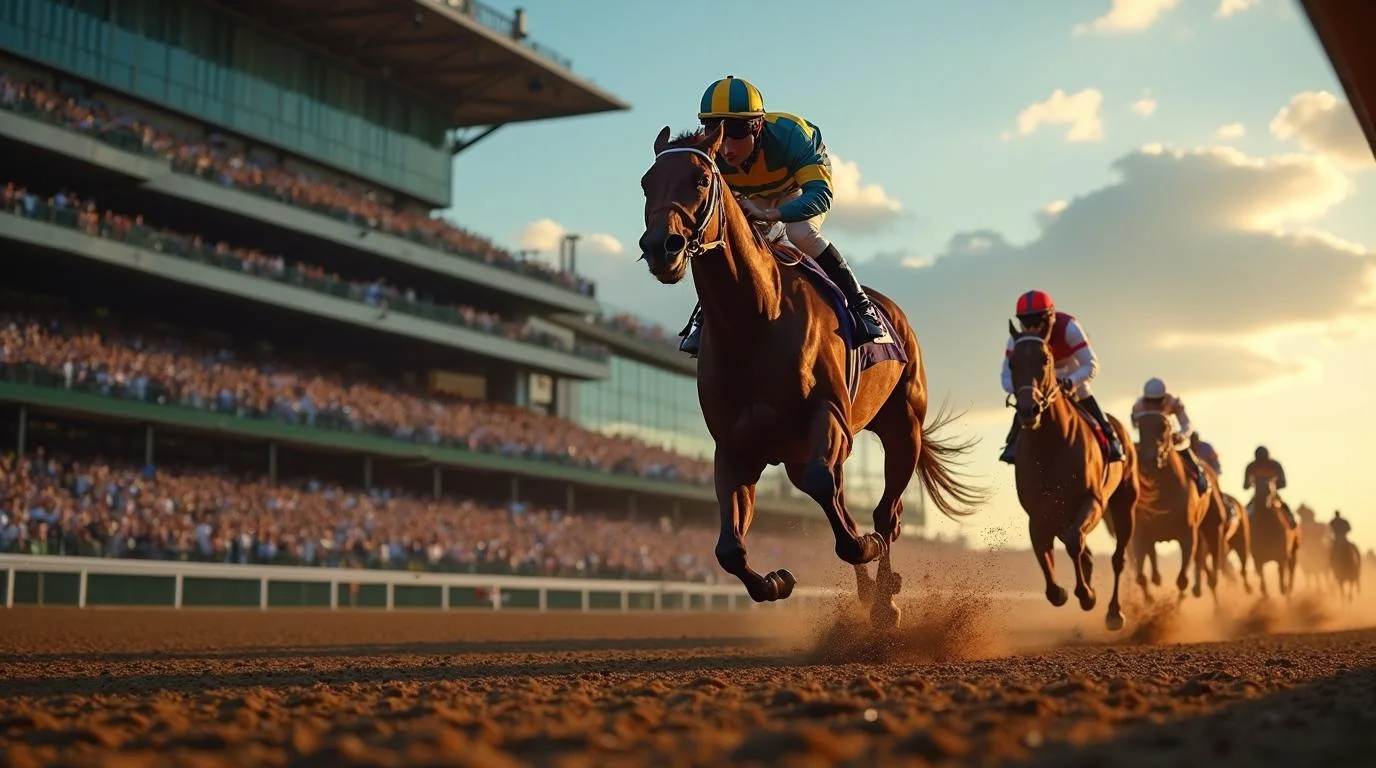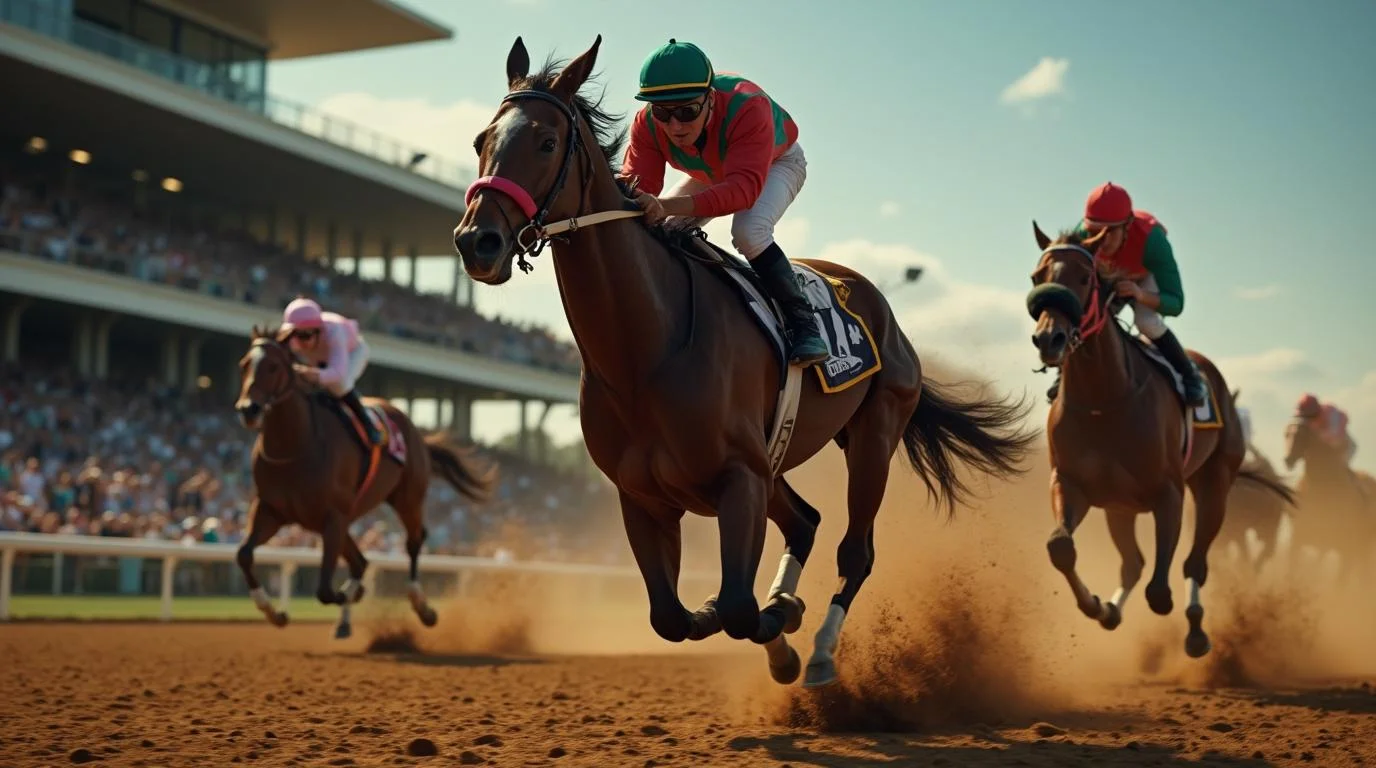Federal judge in Nevada reverses key Kalshi prediction markets win
A federal judge in Nevada has reversed an earlier ruling that had protected prediction markets operator Kalshi from state gambling regulators, reigniting a major legal battle over how event-based markets are classified.
The decision dissolves a preliminary injunction and intensifies a nationwide split over whether prediction markets are financial derivatives under federal oversight or illegal gambling under state and tribal control.

1.0
Default
Federal judge reverses Kalshi’s Nevada court win
Federal judge in Nevada reverses a key court win for Kalshi prediction markets
Ruling in Nevada deepens a growing split in courts across the nation over whether prediction markets are financial products or bets.
A federal judge in Nevada has overturned a key court win for prediction markets operator Kalshi, dissolving his preliminary injunction that had blocked state regulators from treating its sports event contracts as illegal gambling.
US District Judge Andrew Gordon’s ruling on Tuesday rejects Kalshi’s argument that its Commodity Futures Trading Commission registration shields its markets from state oversight. He found that the company’s reading of the Commodities Exchange Act would pull sports betting nationwide into federal derivatives jurisdiction and “upset decades of federalism” in gaming law.
Kalshi anticipates appealing the decision.
Kalshi’s response and federal jurisdiction argument
“We respectfully disagree with this decision,” a Kalshi spokesperson said in a statement Tuesday. “As other courts have recognised, Kalshi is a regulated, nationwide exchange for real-world events and it is subject to exclusive federal jurisdiction.
“It’s very different from what state-regulated sportsbooks and casinos offer their customers. We are evaluating the decision and anticipate making an appeal to the Ninth Circuit.”
Gordon initially granted Kalshi a preliminary injunction in April. During a lengthy hearing earlier this month, he hinted the reversal was likely.
Tuesday’s decision sharpens a growing split among courts in Nevada, New Jersey, Maryland and California over whether prediction markets are bets or financial products, increasing the odds that the Supreme Court will ultimately have to decide how far federal commodities regulation can preempt state and tribal control of wagering.
Nevada’s new Kalshi ruling
Nevada gaming regulators sent Kalshi a cease-and-desist order in March, causing Kalshi to seek an injunction to prevent regulatory action. Regulators argue Kalshi’s event trading products constitute gambling and aren’t permitted since it does not hold a Nevada gaming licence. Kalshi argues that its registration with the CFTC allows it to offer its event contracts nationwide.
“Kalshi relies on a strained reading of the already convoluted Commodities Exchange Act in an attempt to evade state regulation,” Gordon’s order reads. “Kalshi’s interpretation would require all sports betting across the country to come within the jurisdiction of the CFTC rather than the states and Indian tribes. That interpretation upsets decades of federalism regarding gaming regulation, is contrary to Congress’ intent behind the CEA and cannot be sustained.”
After Gordon’s initial Kalshi ruling this spring, he did not grant a similar injunction to Crypto.com in October. He questioned whether Kalshi’s products qualify as derivatives, as it argues under its CFTC regulation.
“Kalshi has raised serious questions about how to properly interpret the statutory language, to divine congressional intent and to resolve the tension between what constitutes state-regulated gambling versus federally regulated derivatives,” Gordon’s order reads.
Prediction markets litigation across multiple states
Following Gordon’s initial injunction ruling in April, a New Jersey judge also granted Kalshi a preliminary injunction. Thirty-four state attorneys general sent a brief to support New Jersey’s case against the company. In Maryland, a judge denied Kalshi’s request for an injunction against the state regulator. Both of those cases are under appeal.
Earlier this month, Kalshi secured a significant win in California when a judge denied a motion from tribal parties seeking to prevent it from operating on tribal land. The judge ruled that the CFTC regulation means prediction markets do not qualify as bets and therefore do not violate the Indian Gaming Regulatory Act. In Wisconsin, the Ho-Chunk Nation has filed a similar lawsuit trying to prevent Kalshi from offering its products on tribal land.
There are multiple additional court cases involving Kalshi ongoing, including in New York, Massachusetts and Ohio. A Massachusetts court will hold a hearing on 9 December.
In addition, other states have sent cease-and-desist letters to Kalshi.
Regulators warn sportsbooks on prediction markets
Meanwhile, state regulators are also warning sportsbook operators that their licences could be in jeopardy if they launch prediction market products. Those warnings came as operators including DraftKings and FanDuel prep prediction markets for launch.



















